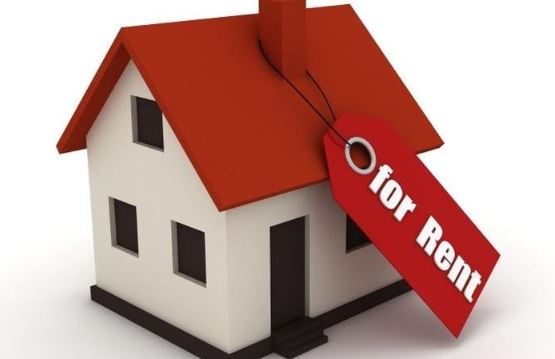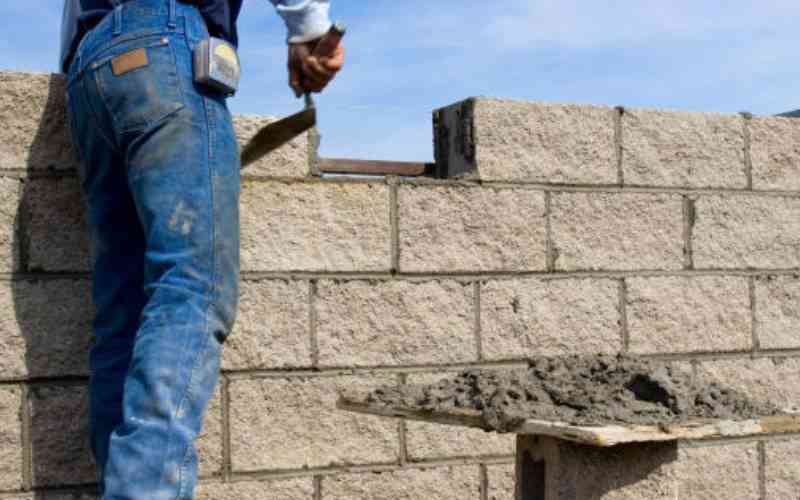
Many people dream about owning rental property. In fact, if you want to get rich, investing in real estate is one of your best bets. After all, as billionaire Andrew Carnegie said, 90 per cent of millionaires made their wealth in real estate.
It’s easy to understand why real estate is such a popular investment option. Real estate investments tend to retain their value and appreciate over time. In addition, owning rental property assures you of a lucrative passive source of income. Therefore, owning rental property is a great way to invest for your long term financial goals – such as your children’s’ education or retirement. That said, being a successful landlord is not as easy as it seems. Don’t assume “All I need to do is buy or build some rental apartments and I can start making good money!”
If you go in with this mentality, you’re likely to fail. According to the statistics, 50 per cent of people who get into real estate end up selling their property within the first five years. Moreover, less than 10 per cent of those who still own property after five years go on to acquire more than two investment properties.
If you want to be a successful landlord, here are some essential tips:
Acquire good property
The first step in becoming a successful landlord is to acquire desirable property. Although many new property investors go for what they assume will be the new hot spot, you will be more successful if you invest in established neighbourhoods.
When scouting a neighbourhood, look at the vacancy rates. High vacancy rates mean that the neighbourhood isn’t desirable to tenants, which means you will have harder time making money. Areas with poor water access, frequent power blackouts, no reliable access to public transport, and high insecurity also tend to be undesirable.
It might be good idea to go foe areas which are going through gentrification – poorer neighbourhoods where a richer crowd is moving in.
Treat It like a business
Many landlords do a terrible job at their properties because they don’t see it as a business in the first place. If you treat being a landlord like a hobby, you are already setting yourself up for failure. Just like any other business, you should take your role as a landlord seriously.
One of the ways to do is by setting up proper systems and repeatable processes that help the business to run smoothly, even in your absence. For instance, your tenants should know the process of reporting any maintenance issues, how long they can reasonably expect to have the issues fixed, and what the acceptable options they have to pay rent.
In addition, try to continuously improve their business operations in both small and large ways. For example, you can explore newer options for tenants to process rent payments such as using online or mobile payments. You can also outsource and delegate any services you’re not particularly skilled at. Successful landlords also take the money side of their business seriously. This means you should have a good financial understanding about your business – documenting every penny that comes in or goes out of your business.
Screen tenants
Not everyone who comes to you with both the required security deposit and rent will make a good tenant. Allowing in a troublesome tenant can lead to late rent, damaged property, and costly evictions.
Stay informed. Subscribe to our newsletter
Before letting someone into your property, you should do your due diligence on them. However, this doesn’t mean applying discriminatory measures on basis or race, tribe, marital status, age, disability, sexual orientation or disability. But it is reasonable to ask for proof of stable income (which should be at least three times the monthly rent), ask about any criminal convictions, and ask for references from previous landlords.
Before letting the tenant move in, you should always ask them some questions. How long have they stayed in their current apartment? Why are they moving? How many people will be living in the rental unit? Do they have pets? These questions can help you determine if a tenant is a good fit for your rental property.
Treat tenants with respect
In the business of rental property, tenants are your customers. And as the age-old business mantra says, the customer is king. That is why successful landlords ensure that they treat their tenants with respect.
You don’t have to necessarily like your tenants, but you should always treat them with respect. Don’t allow your personal feelings to get in the way of business. Even when dealing with a difficult tenant, or evicting a tenant, you should always maintain your professionalism.
However, this doesn’t mean that you should allow your tenants to walk all over you. Be firm and authoritative, especially when a tenant breaks a rule or the terms of your lease agreement. For instance, if a tenant is late in paying rent, you can charge them late fees and if this becomes regular, serve them with an eviction notice. If you let tenants break rules, you will be opening yourself up to years of struggle that can affect your bottom line.
Get everything in writing
Having an oral agreement with tenants might seem like a good idea, but it might come back to bite you when you have a disagreement. Therefore, it’s always advisable to have a written contract with your tenants.
You should have a contract that clearly outlines the terms of agreement. At the beginning of tenancy, it is also a great idea to have a complete inventory of the property including any appliances, removable items, condition of walls, floors, windows, cabinets, and so on. Where possible, take pictures. This condition report will come in handy in case you have a disagreement with a tenant regarding damage or loss of your property.
Hire a property manager
If you have many rental units to manage, you might not be able to do it competently all on your own especially if you have another job. This is why hiring a property manager is a worthwhile investment. A good property manager handles most of the tasks involved in managing a rental property. These tasks include advertising vacant units, screening potential tenants, handling contracts, collecting rent and dealing with tenant complaints. If you don’t have the time or skills needed for hands-on management f your property you should definitely hire a property manager.
Understand the law
As a landlord, you should have a good understanding of the landlord-tenant laws and regulations. In Kenya, according to the Registered Land Act, it is the landlord’s responsibility to keep the property habitable. As mandated by the Transfer of Property Act, a property owner is also required to reveal any defects in a property before renting it out to a tenant. The Distress for Rent Act gives property owners the right to seize property from tenants who have rent arrears. The law also protects tenants during evictions – so you have to follow the right eviction procedures. This includes giving the tenant an eviction notice. Research on all the relevant laws to make sure you meet your obligations as a landlord and don’t violate your tenant’s rights.
[email protected]
 The Standard Group Plc is a
multi-media organization with investments in media platforms spanning newspaper
print operations, television, radio broadcasting, digital and online services. The
Standard Group is recognized as a leading multi-media house in Kenya with a key
influence in matters of national and international interest.
The Standard Group Plc is a
multi-media organization with investments in media platforms spanning newspaper
print operations, television, radio broadcasting, digital and online services. The
Standard Group is recognized as a leading multi-media house in Kenya with a key
influence in matters of national and international interest.
 The Standard Group Plc is a
multi-media organization with investments in media platforms spanning newspaper
print operations, television, radio broadcasting, digital and online services. The
Standard Group is recognized as a leading multi-media house in Kenya with a key
influence in matters of national and international interest.
The Standard Group Plc is a
multi-media organization with investments in media platforms spanning newspaper
print operations, television, radio broadcasting, digital and online services. The
Standard Group is recognized as a leading multi-media house in Kenya with a key
influence in matters of national and international interest.









